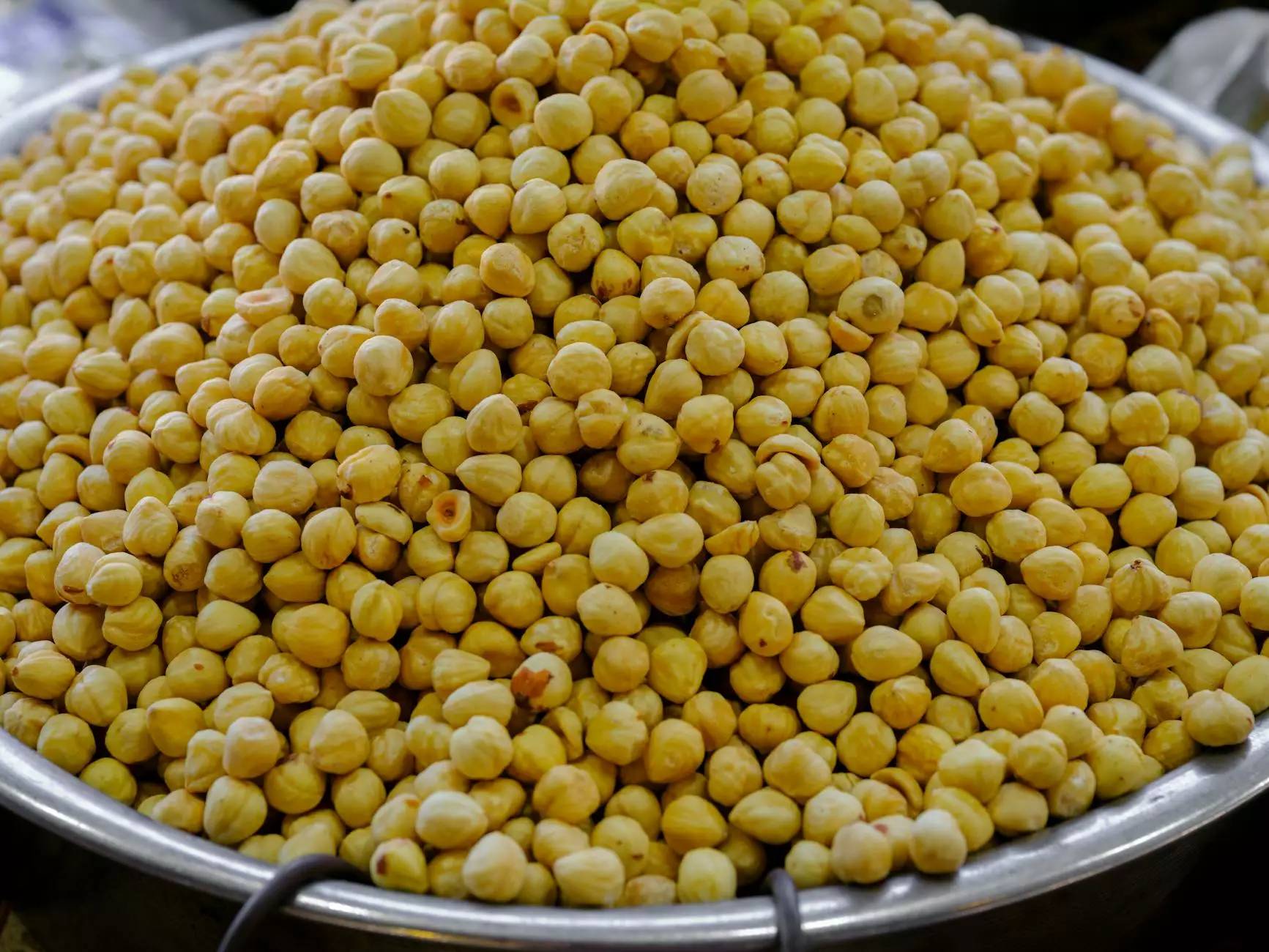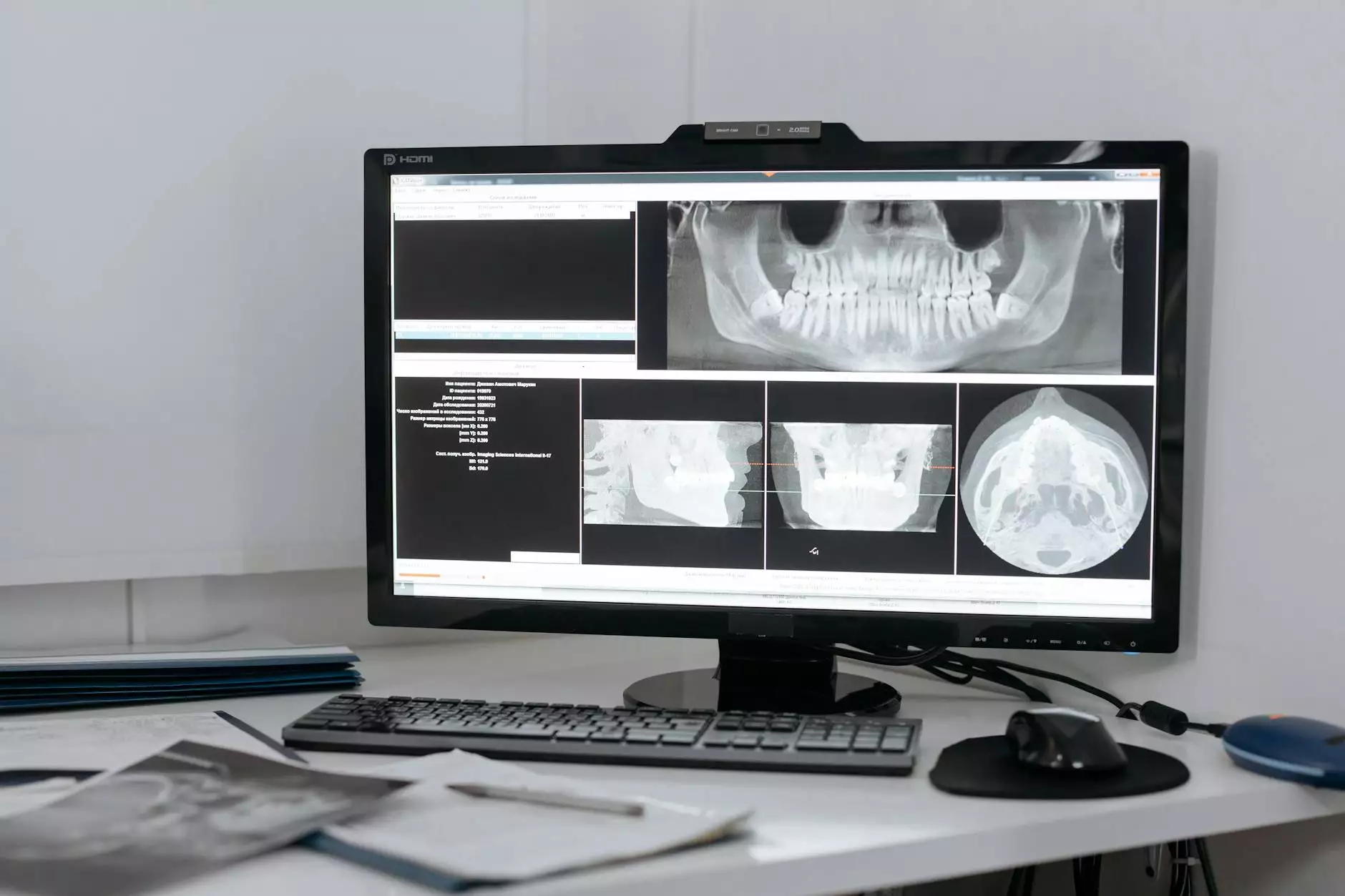Exploring DIN Tube Nuts: Essential Fittings for Your Business

The phrase din tube nut might seem deceptively simple at first glance, but its importance in various industries cannot be overstated. In the realm of engineering and manufacturing, the significance of such components becomes profoundly evident. This article delves into the intricacies of DIN tube nuts, examining their applications, benefits, and how they can elevate the quality and efficiency of your business operations.
What Are DIN Tube Nuts?
DIN tube nuts are specialized fasteners designed to secure tubes in a variety of systems. Often made from durable materials like steel, stainless steel, or brass, these nuts ensure a tight and leak-proof connection between tubing and fittings. The "DIN" in their name refers to the German Institute for Standardization (Deutsches Institut für Normung), which sets forth the specifications for these components, ensuring uniformity and quality across different manufacturers and applications.
Key Characteristics of DIN Tube Nuts
- Standardization: Each DIN tube nut adheres to specific dimensions and tolerances, making them interchangeable among manufacturers.
- Material Versatility: Available in various materials, they can withstand different environmental conditions and stresses.
- Design Efficiency: The design of DIN tube nuts allows for quick assembly and disassembly, streamlining maintenance and repairs.
- Leak Resistance: Properly installed, they provide a secure seal that minimizes the risk of leaks in hydraulic and pneumatic systems.
The Importance of DIN Tube Nuts in Various Industries
The application of DIN tube nuts spans multiple industries, from automotive to aerospace, mechanical engineering, plumbing, and more. Here’s a closer look at how they contribute to different sectors:
1. Automotive Industry
In the automotive sector, DIN tube nuts play a vital role in the construction of brake lines, fuel lines, and cooling systems. Their ability to provide a secure and robust connection ensures safety and reliability in vehicles, making them indispensable in automotive manufacturing and maintenance.
2. Aerospace Engineering
Aerospace applications require components that meet rigorous standards. DIN tube nuts are engineered to withstand intense pressure and temperature variations, making them suitable for aircraft hydraulic systems and fuel systems where dependability is crucial.
3. Plumbing and HVAC Systems
In plumbing and heating, ventilation, and air conditioning (HVAC) systems, DIN tube nuts are used to connect pipes and fittings. Their leak-proof nature is essential for maintaining system integrity and efficiency, which ultimately saves costs related to leaks and water damage.
Types of DIN Tube Nuts
Understanding the different types of DIN tube nuts is crucial for selecting the right fitting for your application. Here are the common types:
1. DIN 2353 Tube Nuts
This type is commonly used in hydraulic systems. DIN 2353 tube nuts can accommodate various tube wall thicknesses, providing versatility in use.
2. DIN 2999 Tube Nuts
These nuts are designed for high-pressure applications. They are often used in pneumatic systems and can handle substantial stress, ensuring reliability in critical operations.
3. Custom Tube Nuts
Sometimes, standard fittings do not meet specific operational requirements. Custom DIN tube nuts can be manufactured to suit unique specifications, ensuring perfect compatibility with your systems.
Benefits of Using DIN Tube Nuts
Implementing DIN tube nuts in your systems offers numerous advantages:
- Durability: Made from high-quality materials, these nuts can withstand harsh environments, ensuring longevity.
- Cost-Effectiveness: By reducing the likelihood of leaks and failures, DIN tube nuts help minimize repair and maintenance costs.
- Improved Safety: The secure connections provided by these nuts enhance safety in high-pressure systems.
- Ease of Installation: Their design allows for fast and straightforward installation, critical for efficient operations.
How to Choose the Right DIN Tube Nuts for Your Needs
Selecting the correct DIN tube nut involves several considerations:
- Application Requirements: Identify the specific needs of your application, such as pressure ratings and environmental conditions.
- Material: Choose a material that best suits your application environment, whether it be corrosive, high-pressure, or high-temperature settings.
- Size and Compatibility: Ensure the size of the nut matches the tubes and fittings you are using for a perfect fit.
- Manufacturer Standards: Opt for components from reputable manufacturers who adhere to DIN standards, guaranteeing quality and safety.
Conclusion: The Value of Quality Fittings in Business
In conclusion, the significance of din tube nut fittings in various industries cannot be understated. Their critical role in ensuring safety, efficiency, and reliability underpins their value in manufacturing processes across sectors. As a business, investing in high-quality fittings from trusted sources like fitsch.cn can greatly enhance your operations and maintain a competitive edge in the market.
Explore Our Range of Fittings for Sale
To meet your specific needs, we offer a wide selection of fittings for sale at fitsch.cn. Our inventory includes various types of DIN tube nuts, ensuring you find the right components for your applications. Don't compromise on quality—choose fittings that stand the test of time and performance.
FAQs About DIN Tube Nuts
Here are some frequently asked questions regarding DIN tube nuts:
1. How are DIN tube nuts installed?
Installation typically involves sliding the nut onto the tube before connecting it to a fitting. Use a wrench to tighten the nut securely.
2. Can DIN tube nuts be reused?
While they can be reused, it's essential to inspect them for wear and damage. If they show any signs of degradation, it's best to replace them.
3. Are there any special tools required for installation?
A standard wrench is usually sufficient, but specific applications may require specialized tools for optimal torque and fit.
4. What is the difference between DIN tube nuts and other types of nuts?
DIN tube nuts are designed specifically for connection in tube systems and are standardized in size and shape, providing enhanced performance compared to generic nuts.
5. Where can I learn more about DIN tube nuts?
Further information can be found on industry-specific websites, product manuals, or through consulting with manufacturers like fitsch.cn.









